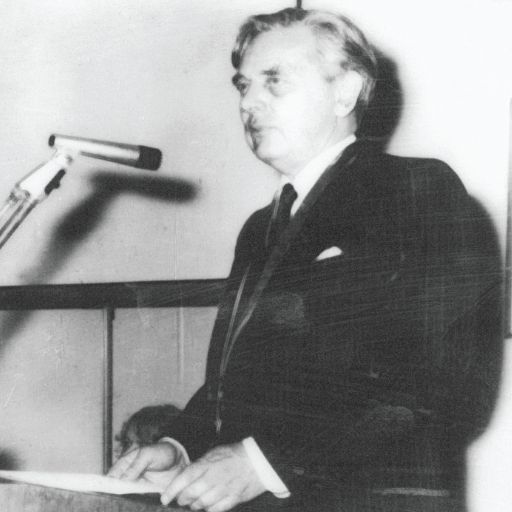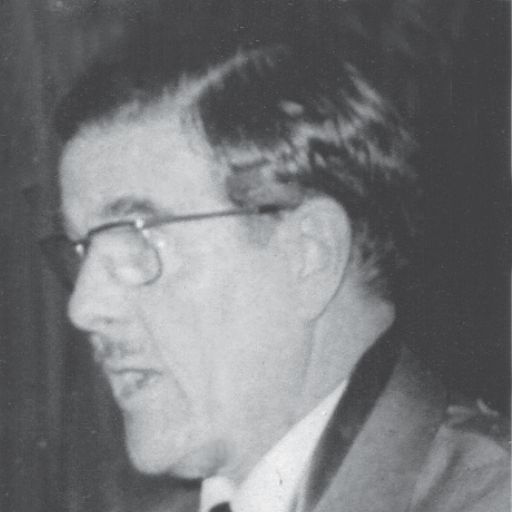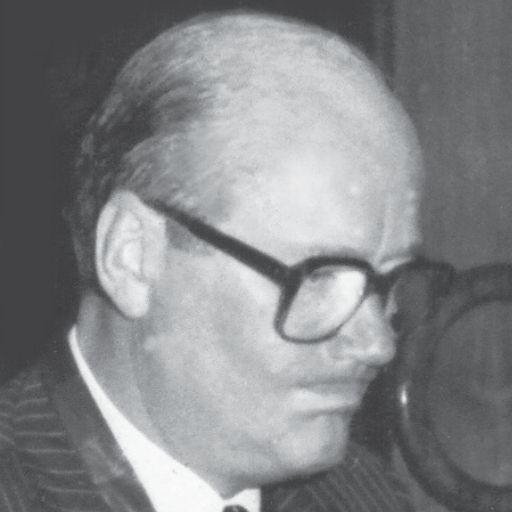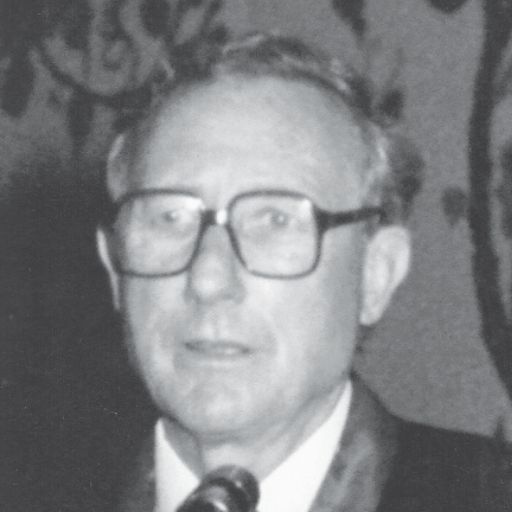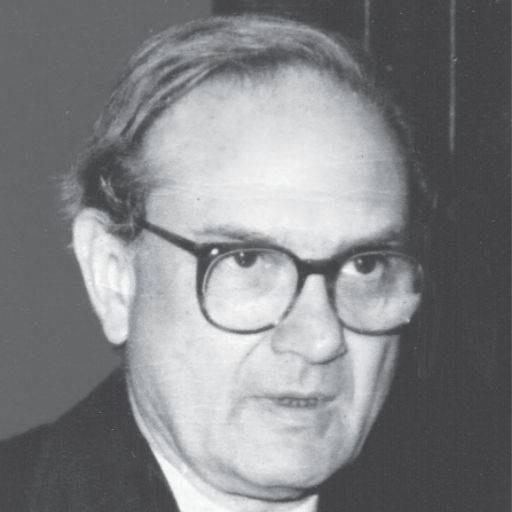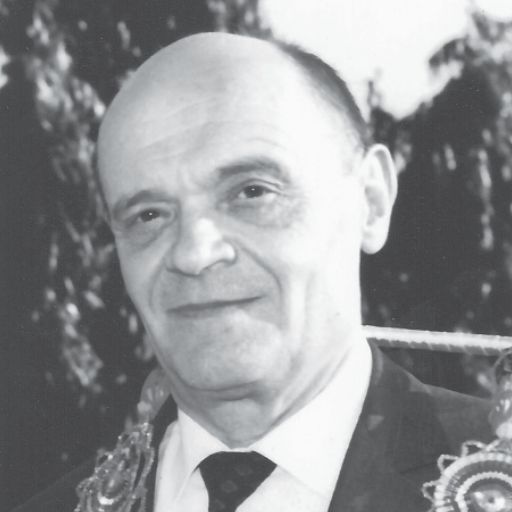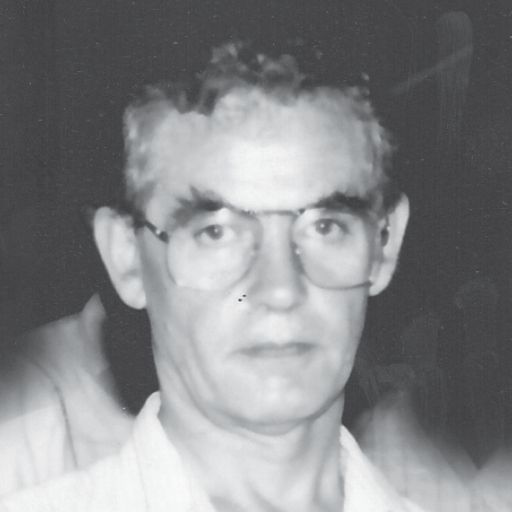1981

Year 02

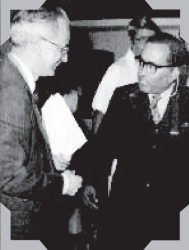
Prof. Donald W. Baxter
Director & Professor of Neurology Montreal Neurological Institute, Canada
THEME: THROMBOEMBOLIC CEREBROVASCULAR DISEASE
Transient ischaemic attacks (TIA), are transient periods of decreased blood
supply to brain tissue, lasting from a few minutes to several hours, a
reversible state causing no neuronal damage. Clinical symptoms and signs
can suggest carotid or vertebrobasilar territory ischaemia. CT scanning has
been able to define areas of stroke, sometimes even when the patient is
asymptomatic. Present day PET scan provides advanced knowledge of the
metabolism and haemodynamic correlates of ischaemic lesions. Aspirin and
dypyradimole, which prevent platelet aggregation have been subjected to
several clinical trials to test their efficacy over long-term use.
Anticoagulation therapy of this kind carries its own set of risk factors.
Recurrent TIA with significant carotid occlusion may warrant consideration
for carotid endarterectomy.

